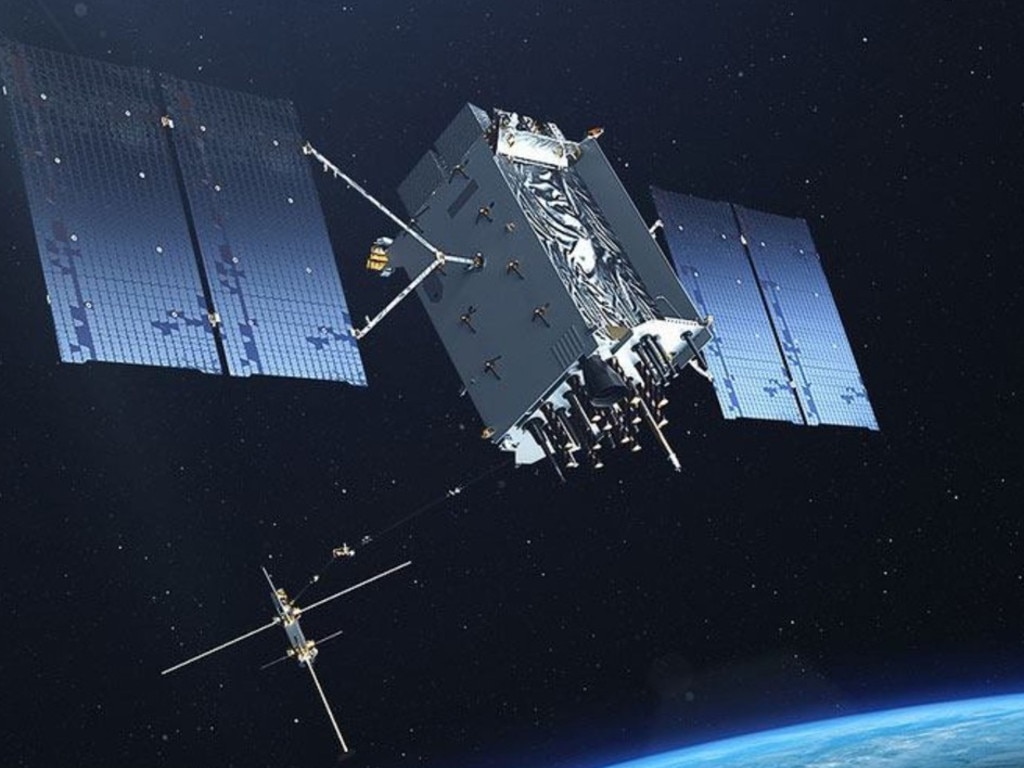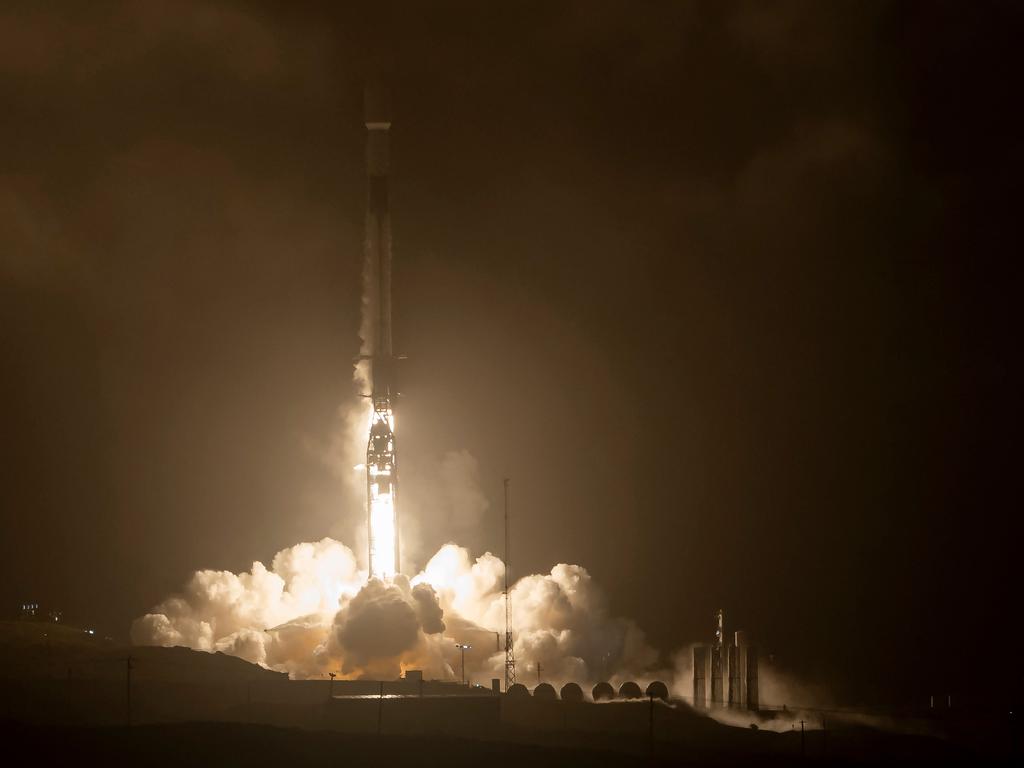Space Force general says China and Russia attacking US satellites ‘every single day’
China and Russia are carrying out attacks on US satellites with huge regularity, a senior US general has said, with the nations sending DC “a message”

China and Russia are carrying out attacks on US satellites “every single day”, a Space Force general says.
While America’s adversaries make headlines from time to time with their space activities – such as Russia blowing up one of its own satellites or China testing a new orbital hypersonic missile – General David Thompson, Space Force’s vice chief of space operations, told The Washington Post that overhead, out of the public view, there was a constant battle being waged.
According to Gen Thompson, America’s adversaries are constantly conducting operations against US satellites that skirt the line between intelligence gathering and acts of war, and that the pace of the conflict is intensifying.
“The threats are really growing and expanding every single day,” he said.
“And it’s really an evolution of activity that’s been happening for a long time. We’re really at a point now where there’s a whole host of ways that our space systems can be threatened.”

Space Force is currently dealing with “reversible attacks” – non-kinetic attacks that don’t permanently damage the satellite such as lasers, radio frequency jammers and hacking, Gen Thompson said.
He would not say whether China or Russia had attacked a US military satellite in a way that did serious damage.
Gen Thompson told the newspaper that China was rapidly developing new technologies and could overtake the US as the number one space power by the end of the decade.
“The Chinese are actually well ahead [of Russia],” he said. “They’re fielding operational systems at an incredible rate.”
China has developed ground-based systems such as lasers that can target satellites, and both China and Russia have reportedly been developing satellites that can attack other satellites.

So-called “space stalker” satellites can physically interfere with others, according to Brian Chow, an independent space policy analyst who spent 25 years at the Rand Corp think tank.
With robotic arms, “they can just stalk the opponent satellite and move it somewhere else, or bend an antenna” to render it useless, Mr Chow told AFP earlier this month.
Last year, the head of Space Force General Jay Raymond revealed that two Russian satellites were stalking a US spy satellite.
While it wasn’t clear if the Cosmos satellites had the ability to attack USA-245, “it has the potential to create a dangerous situation in space”, Gen. Raymond said.

According to Gen Thompson, a similar incident occurred in 2019, when Russia deployed a small satellite so close to a US “national security satellite” that the US wasn’t sure if it was attacking or not.
The Russian satellite then backed away and conducted a weapons test, releasing a target then shooting it with a projectile.
“It manoeuvred close, it manoeuvred dangerously, it manoeuvred threateningly so that they were coming close enough that there was a concern of collision,” he told The Washington Post.
“So clearly, the Russians were sending us a message.”
China, meanwhile, is launching satellites into space at twice the rate of the US and already has several hundred intelligence, surveillance and reconnaissance satellites all over the globe.
“We are still the best in the world, clearly in terms of capability. They’re catching up quickly,” he said. “We should be concerned by the end of this decade if we don’t adapt.”
Last month, Russia was branded “reckless” and “irresponsible” after launching a missile from earth and destroying one of its own satellites.
“It demonstrates that Russia is now developing new weapons systems that can shoot down satellites,” NATO Secretary General Jens Stoltenberg said.
Countries are intensely secretive about their military space activities, and because many of the technologies involved are dual-use — useful for both civilian and defence purposes — their capabilities are not fully clear.
But the race is such that by 2019, the year the Pentagon established its Space Force, it believed that Russia and China had the potential to surpass the US.
“Maintaining American dominance in that domain is now the mission of the United States Space Force,” said then-Secretary of Defence Mark Esper.
— with AFP






